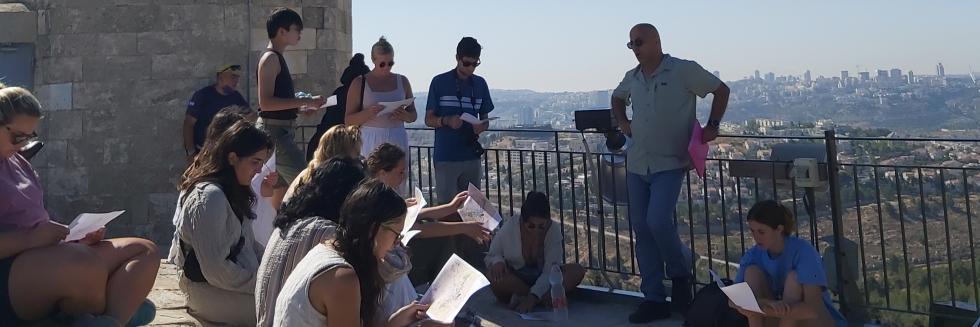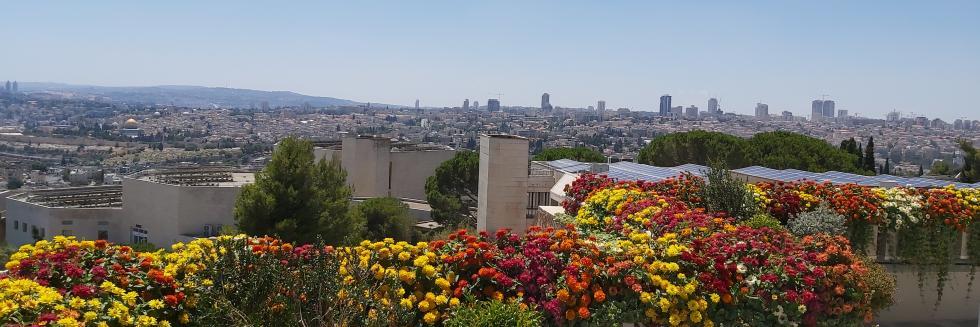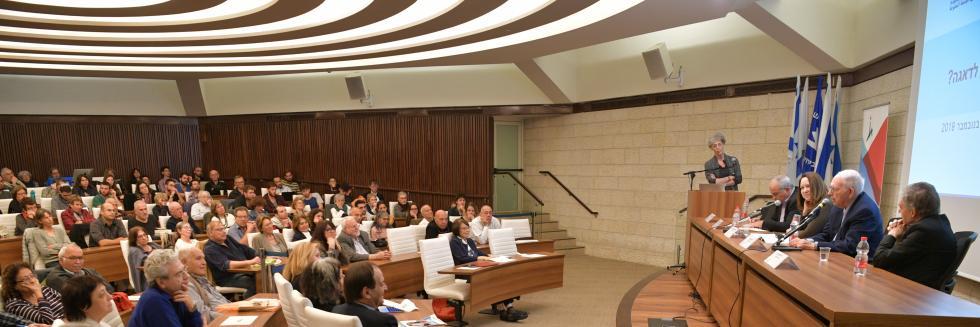Group Members: Dr. Dan Miodownok and Dr. Maya Rosenfeld
The Movement of Palestinian Political Prisoners and its Impact on the Political Agenda and Public Sphere in the Occupied Palestinian Territories: A Historical Perspective
The proposed project is a socio-historical research on the movement of Palestinian political prisoners in Israeli prisons and its impact on the political and public agenda in the occupied Palestinian territories over a period of more than four and a half decades. The term "movement of Palestinian prisoners" pertains to the internal organization that Palestinian political prisoners sustain inside Israeli prisons and which represents their cause in front of the prison authorities. The movement evolved out of sporadic struggles that prisoners conducted in demand to improve the conditions of imprisonment and to be recognized as political prisoners.
The effort to preserve initial gains and to extend the struggle over rights gradually led to the expansion of the prisoners' organization to all prisons. Eventually the process led to the development of a full-blown movement that maintained a "counter order" (to that of the prison authorities), kept a detailed division of roles and authority, and observed the decisions of an elected representative leadership. In an attempt to trace the historical transformation of the movement of Palestinian prisoners and to explain the changes in its capacity to impact the Palestinian political and public sphere, the research will examine three sub-periods in the movements' history, which overlap three sub-periods in the history of the Israeli occupation and in that of the Palestinian national movement:
1. 1967-1993; from the imposition of Israel's military occupation on the Palestinian territories to the "Declaration of Principles"; focus will be given mainly on the latter part of the period, which was marked by the expansion and differentiation of the popular struggle in the West Bank and Gaza, under the leadership of the PLO.
2. 1994- October 2000; from the establishment of the Palestinian National Authority to the outbreak of the second Intifada: a period marked by the partial implementation of the Oslo Accords, institution building in the PNA with international support, mass release of prisoners (following the interim agreements), and the integration of thousands of released prisoners into the PNA security apparatus and public sector.
3. October 2000 to the present; the period began with the eruption of the second Intifada and its suppression by the Israeli military including the resumption of mass imprisonment. The era is marked by the thwarting of the Oslo scheme, the weakening of the PNA, the continuing decline of the PLO institutions, the increasing polarization of the Palestinian political system, and the failure of the prisoners' movement to achieve a dominant
political position.





